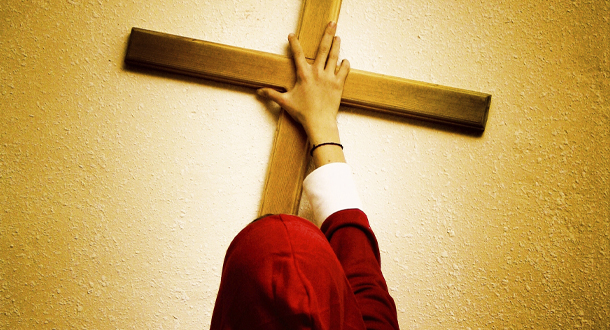Deuteronomy 30:10-14
Colossians 1:15-20
Luke 10:25-37
Reflection:
How much time have I, and we as a people, spent searching, questioning and debating God’s will? Why does it seem so complicated when all we are asked is to allow the life of the Spirit to break into our own planned versions for ourselves? To let love in, to let God in, and act from this place?
I spent the day in deep tears yesterday. Having reflected and prayed with the parable of the Good Samaritan. It opened to my amazement in a rush of fruitful, unforeseeable ways as if the story became a prism of God’s Love and Will and a hub linking in so many images, gospel stories and parables throughout the New Testament.
Just a day later I rose, caught between the inexplicable gifts of grace and miracles and the struggle of making sense in my own fallen world, rising with the thought.’ “It is hard to figure out our rightful space amid God’s creation.”
What trips us up? Not God’s world, or God’s Word, but the worlds we have created and the world we have complicated by materializing, politicizing, marginalizing, characterizing, separating with fear and a sense of self-possessed power. A world full of speed and of movement and gain. A world with multiple moving parts and a sense of purpose beyond the Spirit and all that lays open-in the heart and Word of God.
What is possible when we allow the life of the Spirit to break into our own planned versions for ourselves? When we act on the longing for connection placed in our hearts? During an interview C. S. Lewis’ stepson, Douglas Gresham spoke of his childhood perspective of Lewis’ ability to “accept interruptions every ten minutes if necessary while he was working very hard on a book without the slightest degree of irritation. ” “He was able to believe and to behave, as if he believed, which he did, that our own personal work is nowhere near as important as the interruptions to it. The interruptions are the real substance of God’s job for us.”
How do we access that part of our spirits to bring greater fruit and healing into our lives, into the world, to honor God’s will? There is a moment at St. John Paul II’s funeral where the pages of the book of Gospels that had been placed on his coffin began turning _in the wind. As if to say, “It is all right here.”
Years ago, after being introduced to the Chaplet of Divine Mercy by a religious sister at my mother’s bedside vigil I found the only answer that makes sense is in the ending words ”with great confidence submit ourselves to Your Holy Will which is Love and Mercy itself.” Love and Mercy itself. So intimately shown through the actual words and actions of our Savior and spoken through His parable of the Good Samaritan.
As Moses so beautifully proclaims in the first reading, “For this command I enjoin on you today is not too mysterious and remote to you.” “you only have to carry it out.”
M. Walsh is a retreatant, and in profound gratitude for the gift of the charism and vocations of the Passionist Community.

